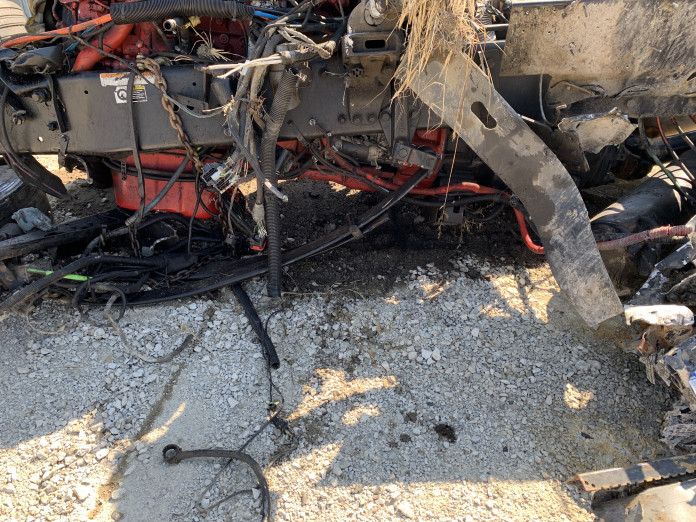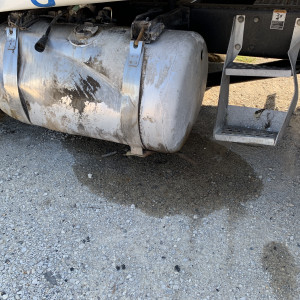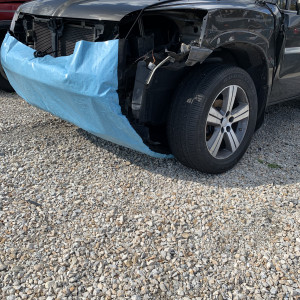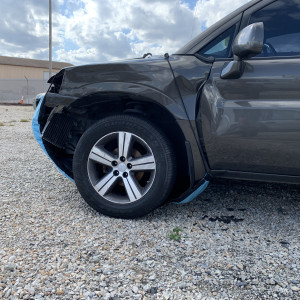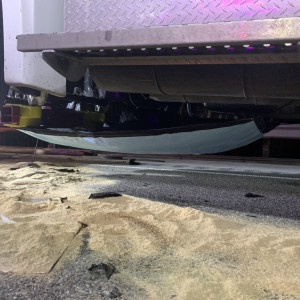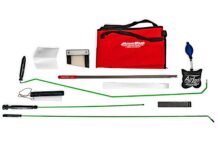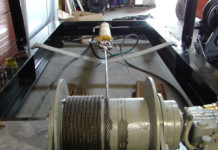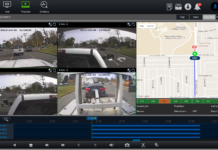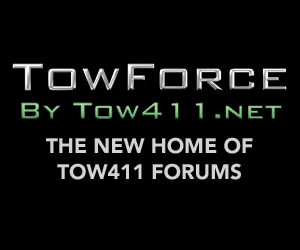Being a 3rd generation recovery professional, I have seen and experienced the pride and dedication provided to this industry. No other industry is expected to immediately drop everything, respond within a 20-minute time frame, provide hard work for the assistance to others, and fight to get paid for it. With all of this, we endure liabilities to provide our services, and many times turn our property from an asset to liability by bringing dripping and leaking vehicles back to our facility.
Are you aware that when a customer, or authority having jurisdiction requests for your services, it is a transfer of liability? The request and acceptance turn into an agreement which is a liability transfer. When State Police call for a vehicle accident, they are essentially stating that they have property damage and are requesting for you to recover their property damage, liability. When the vehicle is recovered, you have gained responsibility for the vehicle, including its debris. If the vehicle is leaking liquid debris across town and back to your storage facility, you are the secondary generator being responsible for the contamination due to custody. In return, this is providing contamination into the storm drains and contaminating the drop site facility, many times being your own property.
You have the due diligence and responsibility to confine the contamination from the accident, as well as the obligation to reduce any contamination at your facility.
Statutes and standards such as “Litter Control Act”, “Waste Management and Pollution Control”, “Unlawful discharges of deleterious substances”, “Rules Regulating Secondary Containment at Storage and Transfer Facilities”, “Removing Wrecked or Damaged Vehicles” make it your liability at the scene, and while in your custody.
Some annotations from these statues read:
- Any person removing a wrecked or damaged vehicle must remove any substances dropped from the vehicle.
- Any person whom drops, or “permits” being dropped upon any highway shall immediately remove the same, or cause it to be removed.
- No person shall throw, deposit, or “permit” to be thrown or deposited upon any highway
- Any person who fails to comply with the subsection commits a class C infraction.
These statutes and annotations confirm that if you “allow” foreign fluids to be spilled or leaked onto a highway, you are committing a misdemeanor.
With the use of the SPILL DIAPER, secondary leaks are contained during your custody. Spill Diaper is a secondary confinement, absorbing 8 gallons or hydrocarbon (oil, gas, diesel), while containing material. The top layer is a general absorbent to absorb antifreeze; middle layer is an oil only absorbent, and the bottom layer is an impermeable backing to not allow fluids to leach through. With the use of SPILL DIAPER, you are not permitting foreign fluids from depositing along the highway, or to your facility. You will be deducing the potential liabilities and preventing contamination to your storage facility, and or drop site. Per accident you will be compliant and turn your environmental liabilities into a profit, while the generators of the contamination compensate.
Insurance companies have the obligation in their liability policy to pay for their insureds’
damage to property; being fluids leaking from their vehicle. Spill Diaper could be applied to any vehicle leaking, or having the potential to leak. If a container, being a radiator or fuel tank, is damaged, it is not in factory position and has the potential to leak. This application is mitigation that is billable to the insured. Make it your company policy to not allow damaged or leaking vehicles onto your property without secondary containment. Limit your liability from the accident scene, back to the drop site by not allowing fluids to drip and leak across the public way. Looking forward, keep your property as an asset vs a liability.
For more information visit www.spilldiaper.com or calll 217-712-0357

